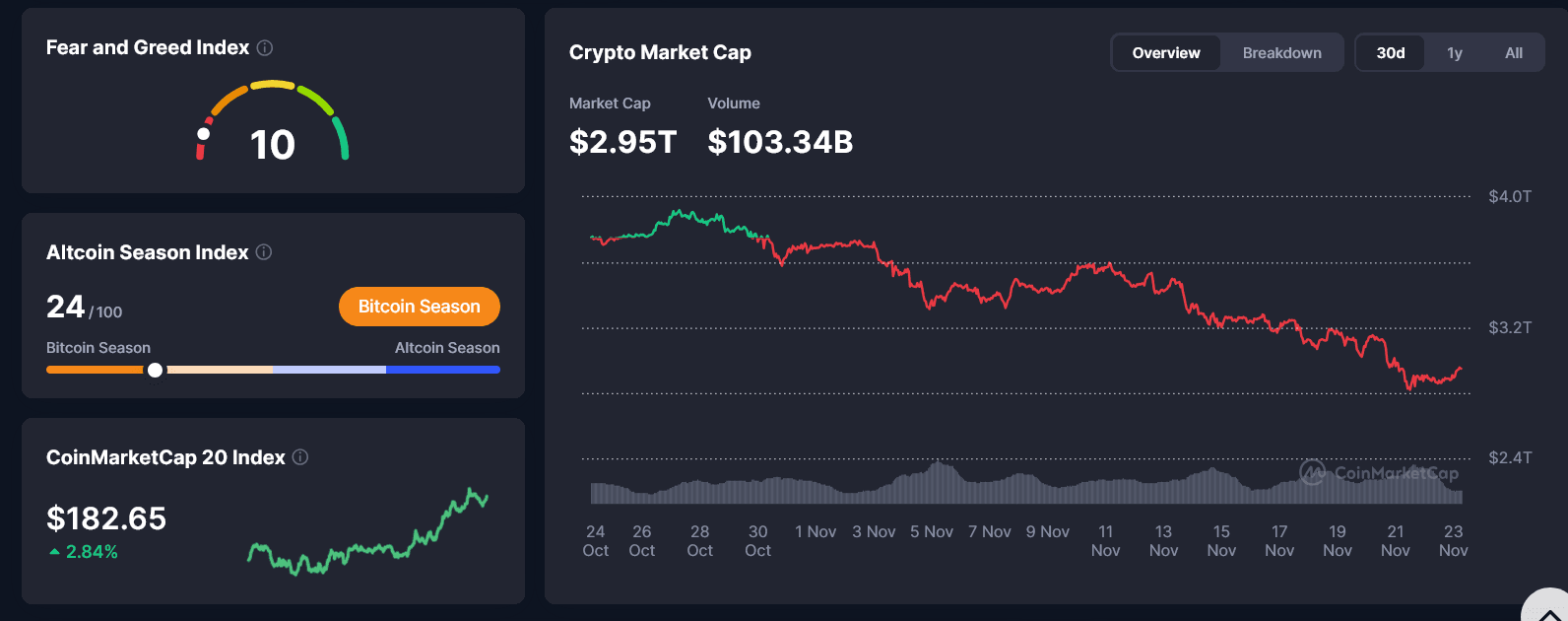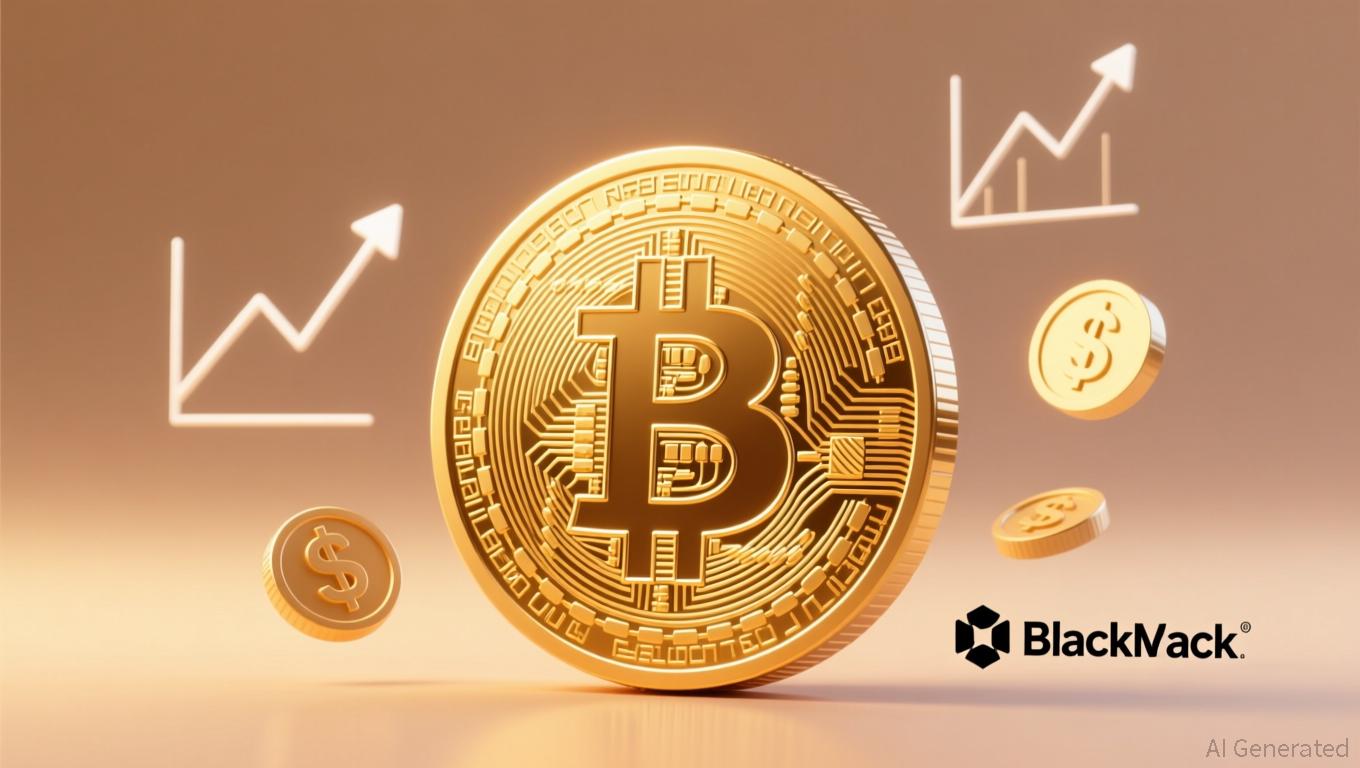Fidelity SOL Staking ETF Goes Live November 19 in Major Debut
Quick Take Summary is AI generated, newsroom reviewed. Fidelity's Solana Staking ETF (FSOL) is set to debut on November 19, following a major SEC policy shift allowing staking within ETFs. The fund holds actual SOL tokens and stakes nearly all of them to generate passive rewards, historically 5-8% annually. Fidelity has temporarily waived the 0.25% management fee to attract early institutional and retail inflows. The launch adds to growing competition in the staking ETF sector, which already includes produ
Fidelity is making a bold move in the crypto ETF race as its new Solana Staking ETF (FSOL) prepares to go live on November 19. The launch marks a major milestone for the asset manager and the expanding staking-enabled ETF sector. This has seen rising demand over the past few months. The product offers investors exposure to Solana along with staking rewards. It gives traditional market participants access to passive yield without managing blockchain infrastructure themselves.
Fidelity Enters the Staking ETF Arena
Fidelity’s move into staking ETFs shows clear intent. The firm has positioned FSOL as a regulated firm. It’s an accessible investment tool that mirrors Solana’s proof-of-stake model. It will hold actual SOL tokens and stake nearly all of them through approved validators. Only a small amount will remain liquid for operations. It ensures the fund stays efficient and fully engaged in network participation.
The ETF tracks the Fidelity Solana Reference Index (FIDSOLP) and charges a 0.25% management fee. However, Fidelity has waived the fee temporarily to draw early inflows and build momentum during the first phase of trading. This strategy mirrors other recent ETF rollouts and signals Fidelity’s confidence in long-term demand.
What the Staking Feature Means for Investors
FSOL gives investors more than just exposure to Solana’s price. Because the underlying SOL is staked, the ETF also generates passive rewards. These are added to the fund’s net asset value. Historically, Solana staking yields between 5% and 8% annually. It depends on network activity and validator performance. For many investors, this makes staking ETFs especially appealing. They offer the benefits of on-chain participation. Without having to manage wallets, private keys or validator delegation. As a result, ETFs like FSOL provide a bridge between traditional finance and blockchain-based income.
Competition Grows as Staking ETFs Gain Traction
Fidelity’s launch arrives at a time when staking-enabled ETFs are gaining serious traction. Bitwise debuted its own Solana Staking ETF, BSOL, earlier this month. It reporting more than $69 million in inflows and strong trading volume on day one. Grayscale has also entered the arena, converting its long-running Solana Trust into GSOL. Which stakes more than 74% of its 525,000 SOL holdings. These moves were made possible after the SEC’s August policy shift. This allowed staking within ETFs without classifying them as securities. Since then, asset managers have raced to offer altcoin exposure paired with rewards.
A Major Step for Solana and Institutional Adoption
FSOL’s debut further validates Solana’s growing presence in institutional portfolios. The launch also signals broader confidence in staking as a regulated investment model. As the ETF goes live on November 19. Analysts expect strong interest from retail and institutional investors seeking diversified crypto exposure with built-in yield. With Fidelity now stepping into the arena, the staking ETF market appears poised for a rapid expansion through early 2026.
Disclaimer: The content of this article solely reflects the author's opinion and does not represent the platform in any capacity. This article is not intended to serve as a reference for making investment decisions.
You may also like
Bitcoin News Update: Institutions Choose Bitcoin as Protection Against Inflation, Not as a Payment Method
- BlackRock highlights rising institutional demand for Bitcoin as a "digital gold" hedge against inflation, not a payment tool. - Abu Dhabi's ADIC tripled its $517.6M stake in BlackRock's IBIT ETF, reflecting confidence in Bitcoin's long-term value preservation. - BlackRock develops a staked Ethereum ETF but faces regulatory hurdles, while crypto treasury firms like FG Nexus struggle with asset valuation pressures. - Institutional adoption accelerates globally, with Latin America expanding crypto infrastru
What's Next For the Crypto Market?

Bitcoin News Today: Bitcoin as Digital Gold, Ethereum as the Engine of Decentralized Finance: How Cryptocurrencies Are Carving Out Distinct Functions
- BlackRock executives highlight Bitcoin's shift toward "digital gold" as a long-term store of value, supported by institutional demand and fixed-supply models like Bitcoin Munari. - Ethereum's faster transaction velocity (3x BTC) reinforces its "digital oil" role, contrasting with Bitcoin's stable, passive accumulation strategy and macro-hedge appeal. - Regulatory clarity on stablecoins and blockchain transparency could deepen Bitcoin's institutional adoption while highlighting risks in altcoins like Aero

Stargate’s AI Strategy: Safeguarding the Nation or Raising Antitrust Concerns?
- Stargate, a $500B AI joint venture led by OpenAI, Oracle , and Nvidia , aims to consolidate computing power across seven gigawatt data centers in the U.S. and UAE. - Yale scholar Madhavi Singh warns the alliance violates antitrust laws by merging fierce competitors, risking cartel-like behavior and stifling innovation in chips and cloud services. - Critics argue Stargate eliminates competition in key AI sectors, while the Trump administration and lawmakers praise it as a strategic move to counter China,

